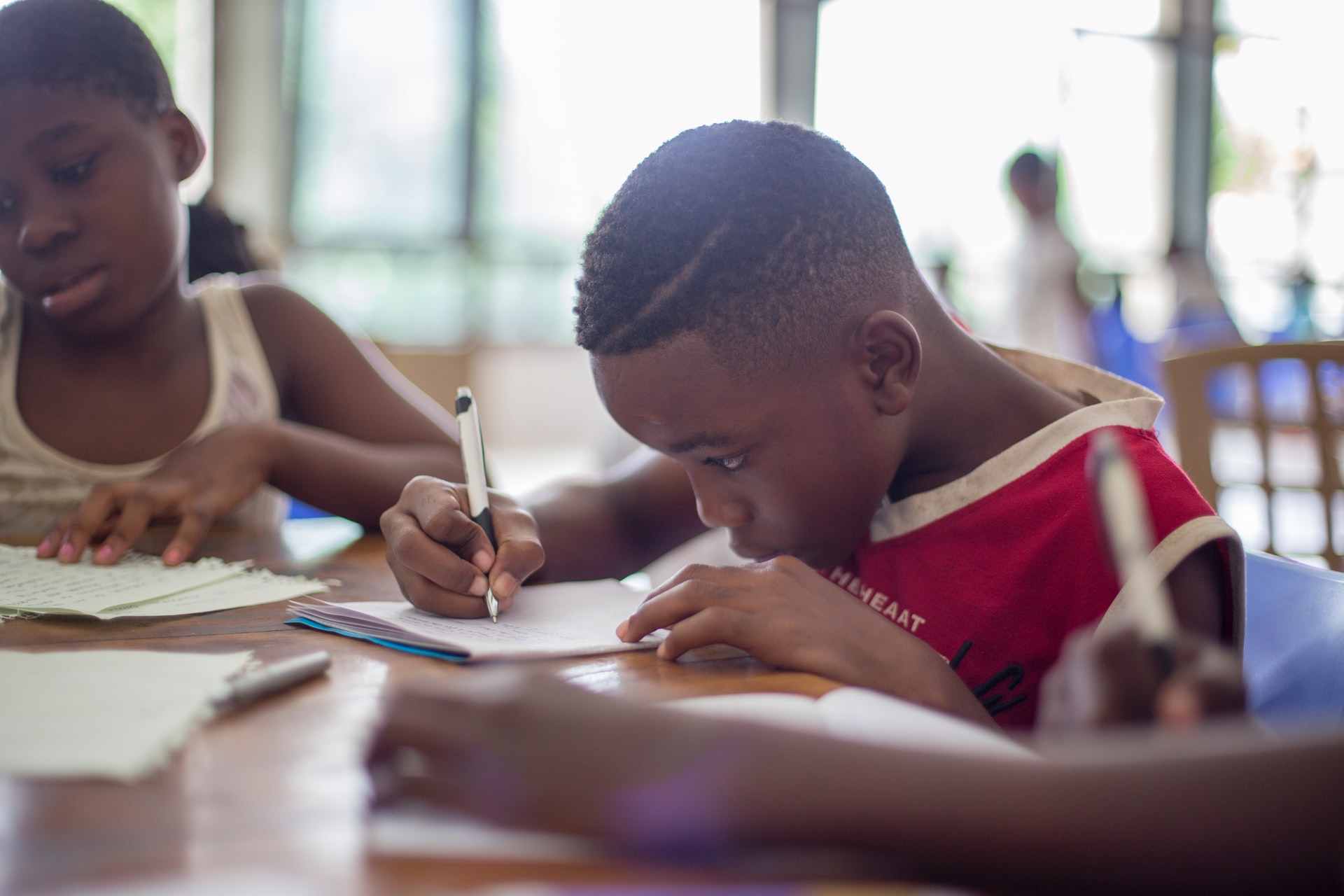By Sabine Rodriguez Fontana - School of Education Student
"Tell me and I forget.
Teach me and I remember.
Involve me and I learn."
- Benjamin Franklin.
Many people who have had an educational experience can identify with this quote, in the sense that they might had teachers who make a bigger impact than others. A good professor can be described as someone who always encourages students to want to do their best, while at the same time tries to make learning process as interesting and creative as possible. Certainly, many studies have proved that not every child learns in the same way, nor are they curious about the same things, yet many teachers are still giving their classes in way that doesn’t make a meaningful impact in the student’s life.
It’s essential for educators to find ways to keep their classes interesting and inclusive for all types of learners, for students to absorb and retain the information presented in class. Nevertheless, there’s still a great quantity of educators that don’t take into account the Multiple Intelligences Theory, which suggests that there are multiple types of human intelligence, each representing different ways of processing information (Edutopia, 2016). Therefore, their classes are directed to a specific type of intelligence and most likely aren’t creating any type of transcendent experience for the majority of the students. Despite this not being the best practice, it has led many teachers to implement different strategies on their classes to have a better and bigger impact.
The first and one of the most important practices to apply is to relate material to the students' lives. This will give them a better understanding of why they need to learn what is being taught. For example, whenever they ask why they need to learn something like count money, the best answer is to say that in the real world you’ll need to know how to buy food. This direct answer will help the student to create the connection of the importance of what they are learning and how they’ll use it in the future.
Students will be more motivated and successful in academic environments when they believe that they belong and are accepted in those environments (Deans for Impact. n.d.). Therefore, a good strategy is to implement role plays or create different classroom games that will make them feel that they are part of the lesson. Games make learning fun, and games in class are a prescription for happy kids.
To conclude, it is valuable for teachers, therapists, and parents to understand the memory process in order to become better equipped to help our students understand and use strategies (Richards, 2017). Every educator will always have its own way of teaching, some might change it with the past of the time, and some others might stick to old teaching methodologies because they don’t know other ways to teach. However, this doesn’t mean that changing teaching strategies to have a greater impact in the classroom learning process is impossible; teachers can add little activities to their lesson plans that later on will make a greater contribution in the student’s life.
MOXIE es el Canal de ULACIT (www.ulacit.ac.cr), producido por y para los estudiantes universitarios, en alianza con el medio periodístico independiente Delfino.cr, con el propósito de brindarles un espacio para generar y difundir sus ideas. Se llama Moxie - que en inglés urbano significa tener la capacidad de enfrentar las dificultades con inteligencia, audacia y valentía - en honor a nuestros alumnos, cuyo “moxie” los caracteriza.
References List:
• Deans for Impact. (n.d.). The Science of Learning. http://www.deansforimpact.org/wp-content/uploads/2016/12/The_Science_of_Learning.pdf
• Edutopia. (2016, July 20). Multiple intelligences: What does the research say? https://www.edutopia.org/multiple-intelligences-research
• Richards, R. G. (2017, May 31). Making it stick: Memorable strategies to enhance learning. https://www.readingrockets.org/article/making-it-stick-memorable-strategies-enhance-learning
